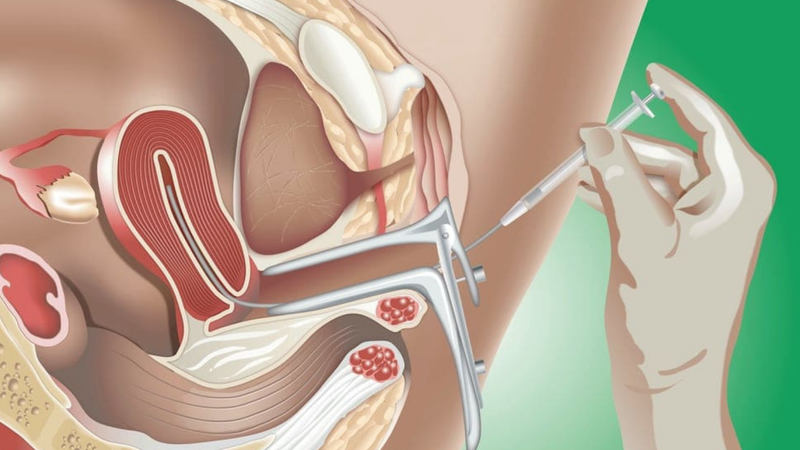
Intrauterine Insemination (IUI) is a method of artificial insemination where prepared sperm is deposited in the uterine cavity using a soft rubber catheter to increase the chances of conception. This can be done either within the natural cycle or within an ovulation induction cycle (using medication to increase the probability of ovulation and the number of eggs). Who may benefit from IUI?
- Men whose semen parameters are slightly lower than the reference ranges needed for natural fertility
- Women who do not ovulate regularly
- Unexplained infertility
- Cases with moderate to severe endometriosis
- Women who have Fallopian tube disorders
- Women who do not produce mucous that assists swimming of sperms up the reproductive tracts because of scarring of the cervix from surgeries like cryosurgery, cone biopsy, and amputation of the cervix
- History of severe pelvic infection
- For men with severe abnormal semen parameters; we do not advise any man whose sperm density is less than 10 million per mL and progressive forward motility of less than 20 tubes
How is IUI done?
Near the time of ovulation, the man produces semen, we usually advise masturbation because it is the best method for semen production. Men who do not want to masturbate can use a specialized condom during intercourse or interrupt ejaculation during normal intercourse and put the semen in the sterile clean container provided; in some situations, donor sperms are used. The semen sample is washed in the laboratory to concentrate the sperm (seminal plasma can cause severe cramping if injected directly). The woman lies on the examination couch and a speculum is inserted into the vagina to show the cervix. A soft rubber catheter is inserted into the uterus through her cervix and the washed sperm is injected. The woman is allowed to rest on the examination couch for a few minutes.
Benefits of IUI
- It is a simple and painless procedure, though a few women may experience mild cramp
- It is cheaper than other advanced fertility treatments
- The success rate of IUI is about 15 per cycle
Risks of IUI
- There is an increased risk of twinning (having twins) especially when it is done in a stimulated cycle
- There is a very small risk of

